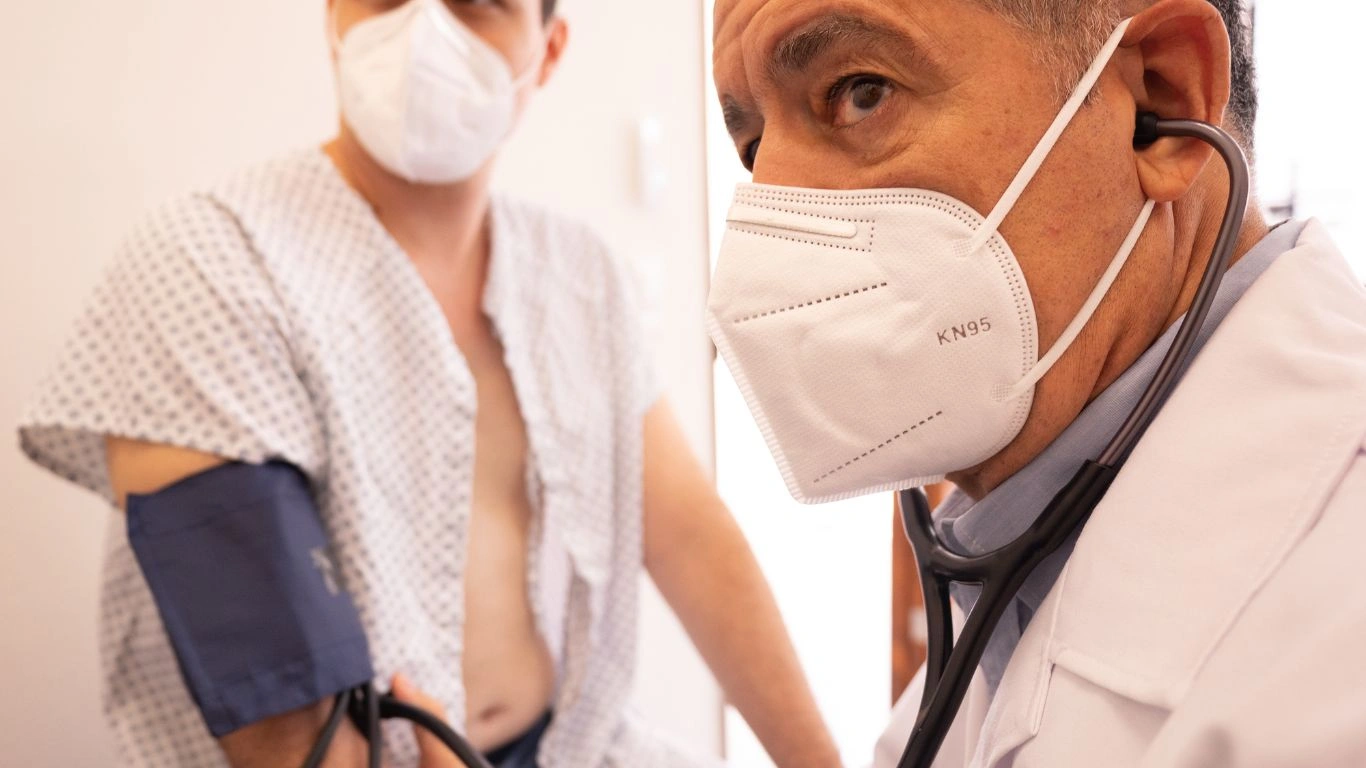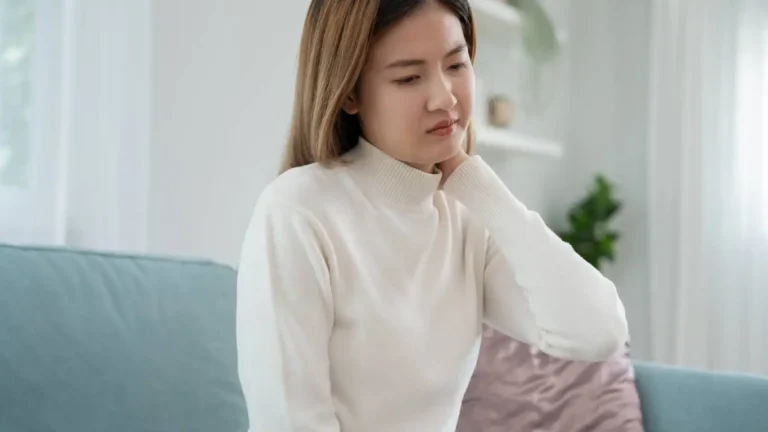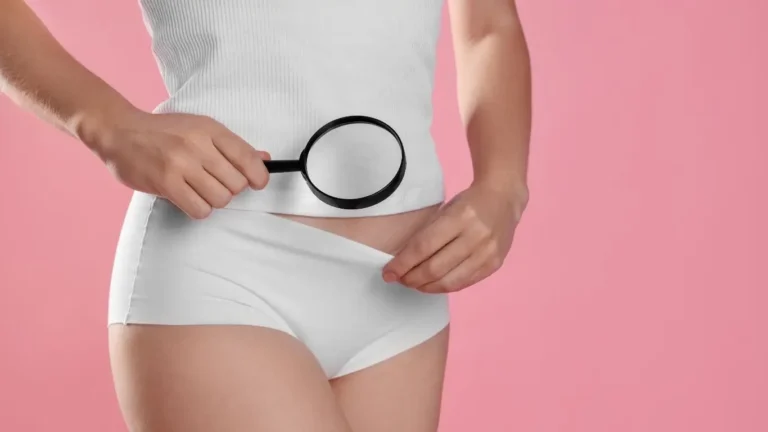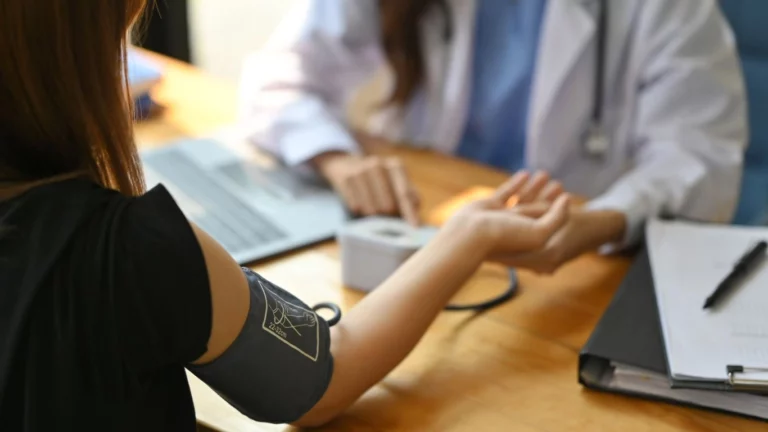Blood Pressure and Vision Problems Explained – A Detailed Guide
Are you aware of the connection between high blood pressure and vision problems? You might be surprised by how your blood pressure can impact your eyesight. In this article, we’ll break it down and explain what happens when hypertension affects your eyes and how you can manage it effectively.
High blood pressure, or hypertension, is often called the “silent killer” because it doesn’t show symptoms until it causes serious damage. While we usually think of hypertension as something that affects the heart and circulatory system, it can also take a toll on your eyes. In fact, untreated high blood pressure is a leading cause of vision problems.
In this article, we’ll explore how high blood pressure affects your vision, the specific eye conditions it can cause, and tips for managing both hypertension and eye health.

Understanding Hypertensive Retinopathy
One of the primary ways high blood pressure impacts your vision is through a condition called hypertensive retinopathy. This happens when high blood pressure damages the tiny blood vessels in the retina (the light-sensitive part at the back of your eye). Over time, these damaged vessels can lead to vision problems or even blindness if untreated.
In the early stages, hypertensive retinopathy might not cause noticeable symptoms. However, as it progresses, you may notice:
- Blurry vision
- Difficulty seeing in low light
- Seeing spots or floaters in your field of vision
If you notice any of these changes, it’s crucial to get your blood pressure checked and consult an eye doctor as soon as possible.

Other Vision Problems Linked to High Blood Pressure
In addition to hypertensive retinopathy, there are several other vision problems that can arise from uncontrolled hypertension:
1. Retinal Vein Occlusion
Retinal vein occlusion occurs when a vein in the retina becomes blocked due to high blood pressure. This can lead to sudden vision loss in one eye, along with swelling and bleeding in the retina. It’s a serious condition that requires immediate medical attention.
2. Optic Neuropathy
Optic neuropathy is damage to the optic nerve, which transmits visual information from the eye to the brain. High blood pressure can lead to poor blood flow to the optic nerve, causing vision loss and permanent damage if left untreated.
3. Cataracts
Cataracts, which cause cloudy vision, can also be more common in people with high blood pressure. Over time, hypertension can accelerate the development of cataracts, leading to a decrease in the clarity of your vision.
4. Glaucoma
High blood pressure is also linked to an increased risk of developing glaucoma, a condition where the pressure inside the eye rises, damaging the optic nerve. Left untreated, glaucoma can lead to blindness. Regular eye exams are essential for detecting glaucoma early.
Managing High Blood Pressure to Protect Your Vision
If you’re dealing with high blood pressure, the good news is that there are ways to manage it and protect your eyes. Here are some key tips for managing hypertension and preserving your vision:
1. Monitor Your Blood Pressure Regularly
The first step in managing hypertension is to monitor your blood pressure regularly. If you have been diagnosed with high blood pressure, it’s important to track your readings and follow your doctor’s recommendations to keep it under control.
2. Take Your Medication as Prescribed
If your doctor has prescribed medication to control your blood pressure, be sure to take it as directed. Skipping doses or not following your prescribed treatment plan can lead to complications, including vision problems.
3. Maintain a Healthy Diet
Eating a balanced diet that is low in sodium, rich in fruits and vegetables, and full of whole grains and lean proteins can help keep your blood pressure in check. Reducing your salt intake and eating heart-healthy foods can have a positive effect on both your blood pressure and overall health.
4. Stay Active
Regular physical activity is one of the most effective ways to manage blood pressure. Aiming for at least 30 minutes of moderate exercise most days of the week can help lower your blood pressure and reduce your risk of vision problems.
5. Manage Stress
Chronic stress can contribute to high blood pressure, so finding healthy ways to manage stress is essential. Meditation, yoga, and deep-breathing exercises can help reduce stress levels and improve your overall health.
6. Avoid Smoking and Limit Alcohol Consumption
Smoking and excessive alcohol consumption can both raise your blood pressure and increase your risk of eye problems. Quitting smoking and limiting alcohol intake can help lower your risk of hypertension and vision loss.

Why Regular Eye Exams Are Crucial
Even if you’re managing your blood pressure well, it’s important to have regular eye exams. Eye exams can detect early signs of hypertensive retinopathy and other eye conditions linked to high blood pressure before they cause significant damage.
Your eye doctor can check for signs of retinal damage, assess the health of your optic nerve, and monitor for any changes in your vision. Early detection is key to preventing long-term vision problems.
Conclusion
High blood pressure is not just a heart issue—it can also lead to serious vision problems. Hypertensive retinopathy, retinal vein occlusion, and other eye conditions can result from untreated hypertension. However, by managing your blood pressure through medication, lifestyle changes, and regular monitoring, you can reduce your risk of eye damage and maintain healthy vision.
If you have high blood pressure, make sure to schedule regular eye exams and discuss any changes in your vision with your doctor. Taking care of your eyes and managing your blood pressure can go hand in hand, helping you enjoy clear vision and overall well-being.

Appendices
References
- American Heart Association (2023). Hypertension and Its Impact on Vision. Read Article
- National Eye Institute (2024). High Blood Pressure and Eye Health. Read Article
- Journal of Ophthalmology (2023). The Link Between Hypertension and Vision Loss. Read Article
FAQs
- Can high blood pressure cause blurry vision? Yes, high blood pressure can lead to blurry vision, especially if it causes damage to the retina through conditions like hypertensive retinopathy.
- What are the early signs of hypertensive retinopathy? Early signs may include blurry vision, difficulty seeing in dim light, and spots or floaters in your field of vision.
- Can managing my blood pressure prevent eye problems? Yes, keeping your blood pressure under control can help prevent or slow the progression of eye conditions linked to hypertension.
- How often should I have my eyes checked if I have high blood pressure? It’s important to have an eye exam at least once a year, especially if you have high blood pressure.
- Are there treatments for eye damage caused by high blood pressure? In some cases, treatments like laser therapy or medications can help, but early detection is key to preventing permanent damage.
Disclaimer: The information provided in this article is for educational purposes only and is not intended to substitute for professional medical advice. Always consult with your healthcare provider or eye doctor for personalized guidance on managing your blood pressure and eye health.

Dr. Gwenna Aazee is a board-certified Internal Medicine Physician with a special focus on hypertension management, chronic disease prevention, and patient education. With years of experience in both clinical practice and medical writing, she’s passionate about turning evidence-based medicine into accessible, actionable advice. Through her work at Healthusias.com, Dr. Aazee empowers readers to take charge of their health with confidence and clarity. Off the clock, she enjoys deep dives into nutrition research, long walks with her rescue pup, and simplifying medical jargon one article at a time.







